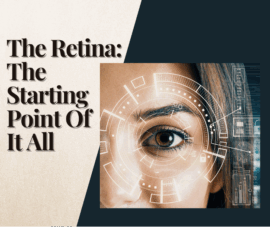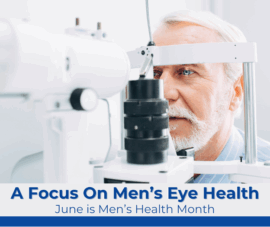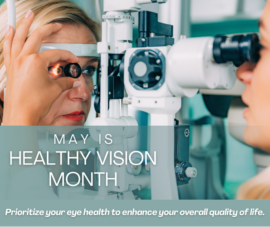The Significance of Eyebrows and Eyelashes
Posted by: Scott and Christie Eyecare Associates in Eye Health

Have you ever paused to consider just how crucial eyebrows and eyelashes are to our appearance and well-being? These seemingly simple features do so much more than frame our eyes; they play vital roles in our everyday lives. Let’s dive into why they are not just for show, but essential for both beauty and function!… Read More









